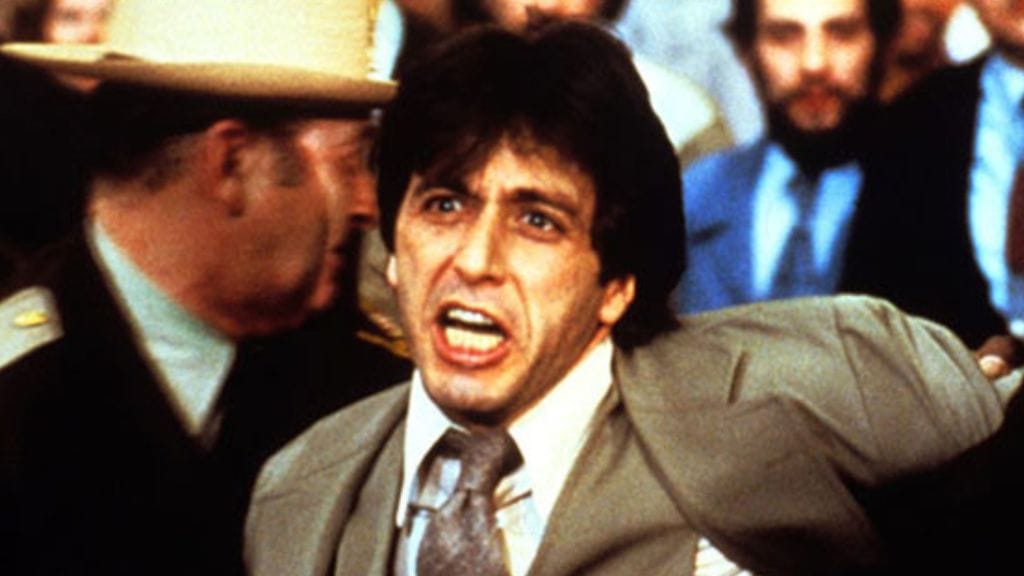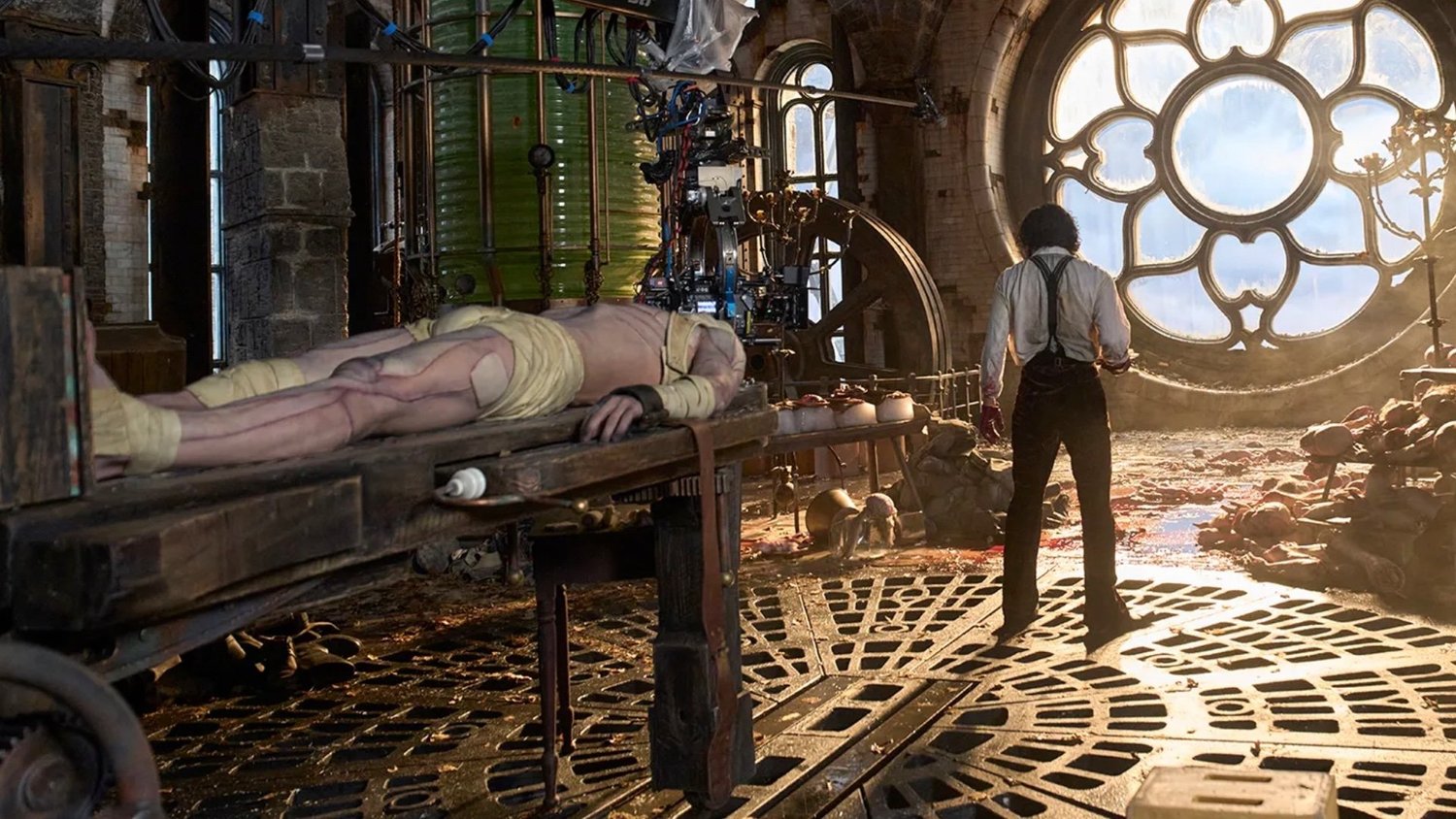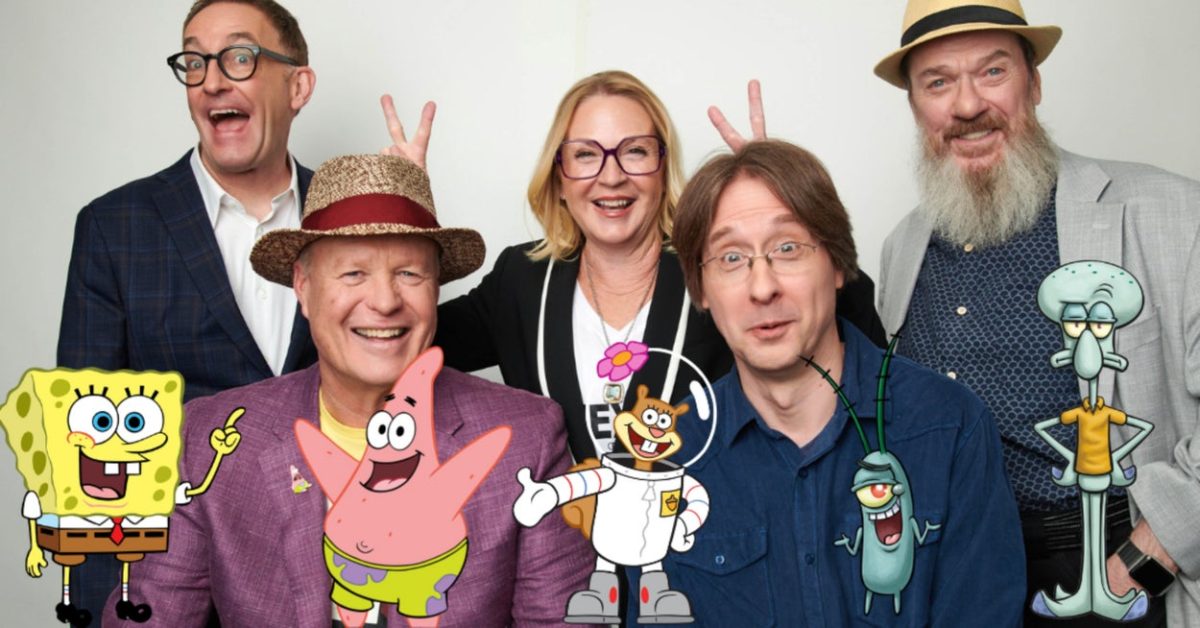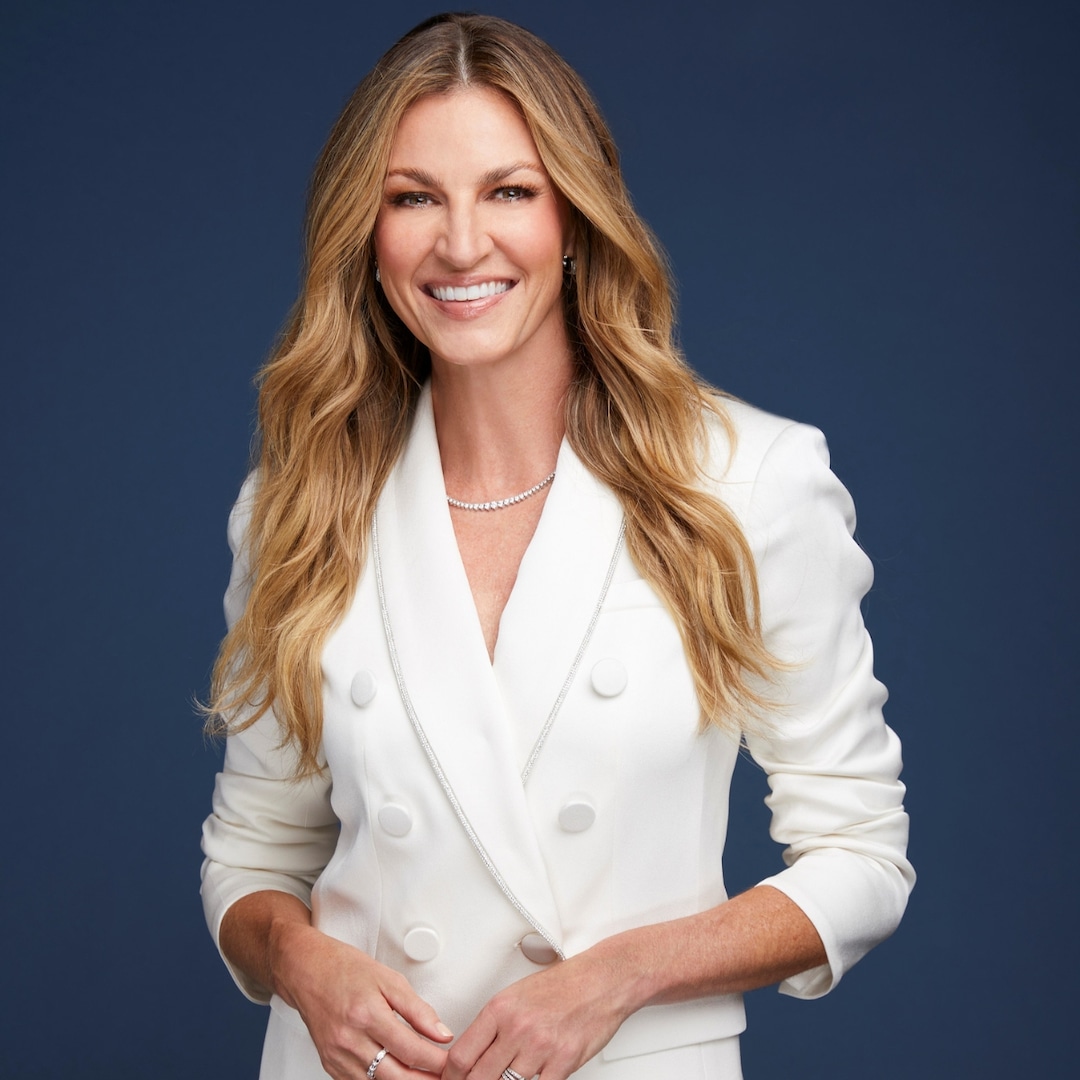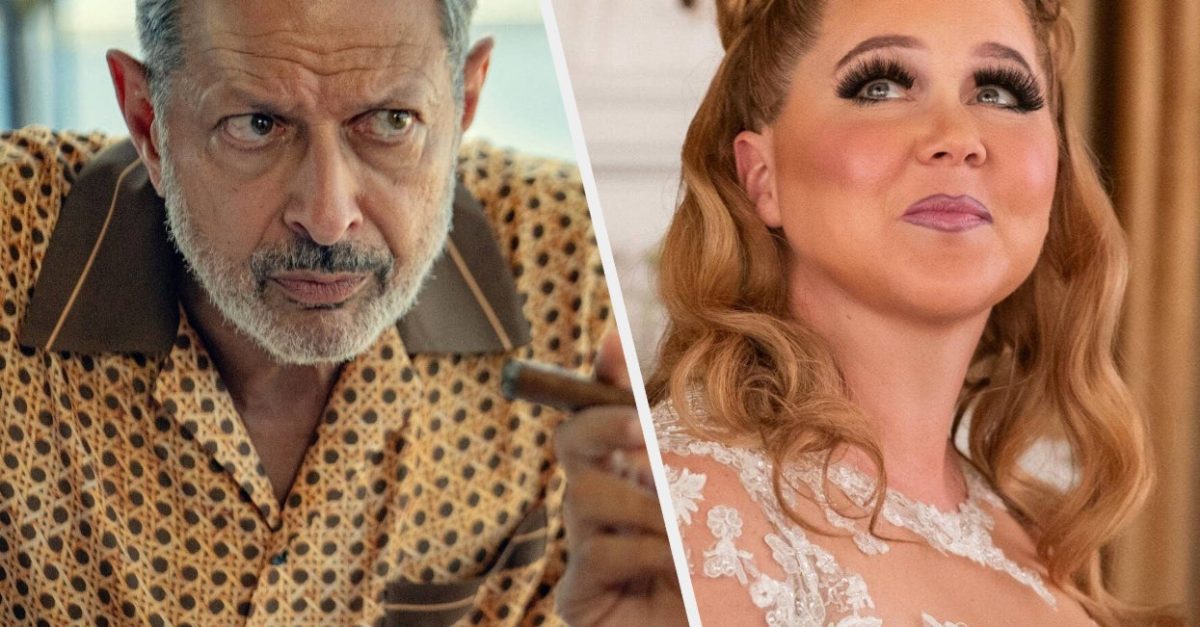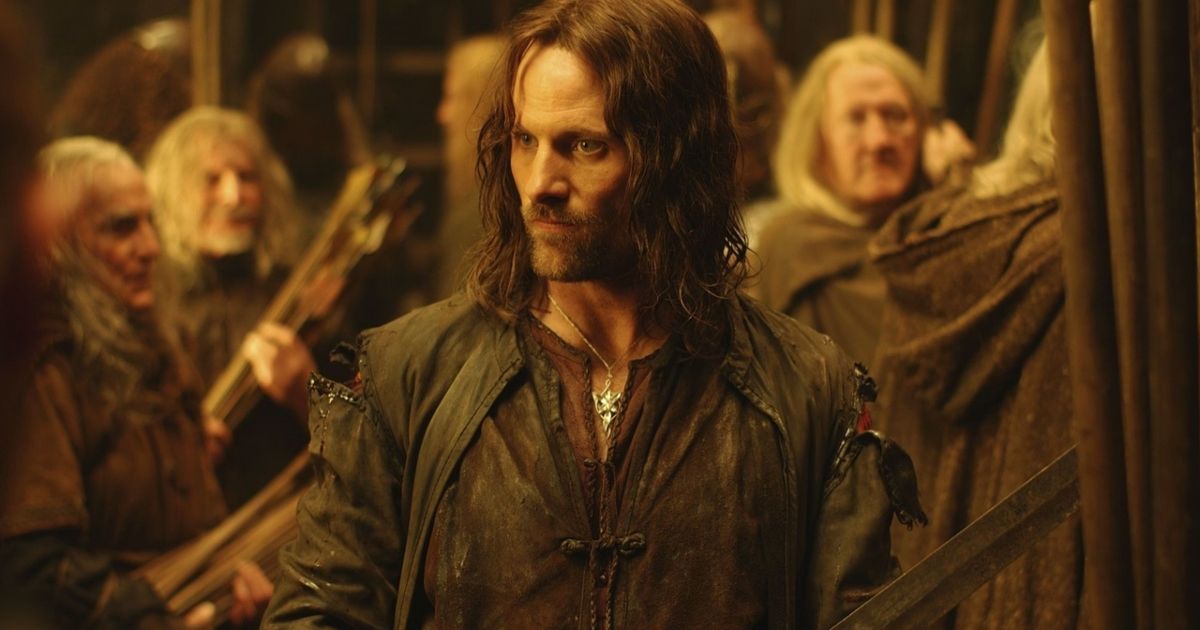
Revisiting the Second Part of Peter Jackson’s The Lord of the Rings
Mar 13, 2023
Peter Jackson’s film trilogy adaptation of The Lord of the Rings is often considered to be one of the best trilogies ever put to film. The Lord of the Rings had long been considered an unfilmable story, as a result of the massive scale of the story, the sprawling nature of its adventures and the countless major characters that play key roles. However, while there are certainly some folk who do not enjoy Jackson’s iterations of the story, the films are generally believed to be faithful translations of the books. While there are undoubtedly a few major changes made to the story while bringing it to screen, the heart, thematic material and overall plot of J.R.R. Tolkien’s masterpiece remains intact.
MOVIEWEB VIDEO OF THE DAY
Jackson also took on the massive, and at-the-time unheard of, endeavor of filming all three of the movies together. It was a risky gamble, but after The Fellowship of the Ring was released to immense success in 2001, it was clear that Jackson might’ve managed to pull it off. The true test came with 2002’s The Two Towers. Much of the most important material from The Lord of the Rings comes from the Two Towers book, and it’s the point in the story when the characters and plots fragment and expand in different directions. It’s a much more challenging story to tell than The Fellowship of the Ring. Now, as 20 years have passed since the films were released, The Two Towers is often considered to be the best of them.
Related: New Lord of the Rings Movies in the Works at Warner Bros., Peter Jackson Hints at His Involvement
How It Adapts the Book
New Line Cinema
Of the three Lord of the Rings films, The Two Towers features the most changes from the source material. Some of these changes are small, and some are significant, but the overall story does not deviate too far from the text Tolkien provided. One of the biggest challenges that required change when bringing the story to screen was the way in which the story is structured. The story splits up its main characters into three core groups and then follows them on their own adventures. One group consists of Aragorn, Legolas, and Gimli as they travel to Rohan; the second is Merry and Pippin as they become acquainted with Treebeard and the Ents and the final is Frodo and Sam as they encounter Gollum and continue their trek toward the doom of Mordor. In the film, these three stories are intermixed with each other, as the story cuts back and forth between them to allow the audience to follow all their plots fairly evenly across the lengthy runtime.
However, in the novel, Tolkien split the stories up quite literally down the middle of the book. The entire first half of the Two Towers book is dedicated to the stories of Aragorn, Legolas, Gimli, Gandalf, Merry, and Pippin, with the latter two Hobbits receiving only two dedicated chapters in the midst of it. Then, at the end of that story, after the Battle of Helm’s Deep and the March of the Ents upon Isengard, the book cuts back to Frodo and Sam shortly after their departure from their companions at the end of The Fellowship of the Ring. It then follows their adventure through to the end of the book, with no further check-ins with Aragorn and company.
Another key aspect that changed is at the points The Two Towers begins and ends. The first chapter of the book tells of the Uruk’s attack on the Fellowship and the death of Boromir, shown at the end of the Fellowship of the Ring film, as the end of that first book instead focuses on Frodo and Sam’s perspectives and their decision to leave. Then the final chapter of the Aragorn/Legolas/Gimli section of The Two Towers, titled “Floatsam and Jetsam,” depicts Gandalf, Aragorn, Legolas and Gimli riding with the Rohirrim to Isengard to confront Saruman and reunite with Merry and Pippin. For the film, that portion of the story was removed and placed at the beginning of The Return of the King instead. As for Frodo and Sam’s story, it begins at about the same point in the book and the film, but it ends at significantly different points. Much of their central conflict from the Two Towers book was moved into the Return of the King film, which then required a new conflict to be introduced into the Two Towers film. The Two Towers book goes as far as to show the heroes entering Mordor, their encounter with the spider Shelob, Frodo’s seeming death as a result and Sam’s choice to take the Ring and finish the quest himself before realizing that his friend was actually alive.
Since all of that material was shifted into the Return of the King film, the Hobbits’ encounter with Faramir was significantly expanded to become their central conflict in the Two Towers movie. The film show’s Faramir capturing the Hobbits, claiming the Ring and taking them as far as Osgiliath. However, in the book, when Faramir discovers the Ring after capturing Frodo and Sam, he is much more willing to let them go, as he more readily understands the destructive effect of the Ring and does not want to tread the same path as his brother, Boromir.
There are also a fair number of other additions to the Two Towers film. The film shows King Théoden of Rohan as literally possessed by Saruman, whereas the book depicts him as more depressed and hopeless as the result of Wormtongue’s constant negative tidings and words, which in turn come from Saruman. Beyond that, the attack of the Wargs upon the Rohirrim and the subplot surrounding Aragorn being believed dead is entirely new to the film. As is the arrival of the Elves to assist the Rohirrim in the Battle of Helm’s Deep; the book commits to the Rohirrim fighting the battle on their own against insurmountable odds. There are also a few changes made to Merry and Pippin’s time with Treebeard and the Ents in order to simplify the lore a bit and more fully incorporate that story as a key part of the film.
Related: Lord of the Rings: Why Hasn’t There Been a Movie of The Silmarillion?
Is It the Best of the Trilogy?
New Line Cinema
As expected, The Two Towers still holds up remarkably well after 20 years. It’s the point in Jackson’s trilogy where everything really starts to come together and it becomes clear that there was immense talent and respect for the source material that went into the film’s production. Nearly every aspect of the movie, ranging from its script to the cinematography, visual effects and musical score, delivers a top-notch experience. The central cast continues to give outstanding performances, and the numerous new additions to the cast (including Karl Urban, Miranda Otto, David Wenham, Bernard Hill, Brad Dourif and more) also bring their all. While Andy Serkis’ Gollum appeared briefly in The Fellowship of the Ring, it’s in The Two Towers that the character enters a lead role and Serkis gave an instantly iconic performance that was a game-changer for motion capture performances and is still considered to be one of the best of its kind.
The Two Towers is, for good reason, considered by many people to be the best of the three Lord of the Rings films directed by Jackson. There are many sequences in the film that are some of the most famous of the entire trilogy. Many of Gollum’s most notorious lines and moments come from The Two Towers, it is the only film in which Treebeard and the Ents play a key role, it solidifies the close relationship between Frodo and Sam and it concludes with what might be the most legendary battle sequence ever committed to screen. While The Battle of Helm’s Deep is a key part of the books, the way in which Jackson and company brought the battle to screen cemented it as one of the most famous sequences in the entire story. The battle takes up nearly the entire last hour of the movie, and it’s as epic as it is emotional. It’s more than just a cool action sequence, it’s a depiction of how the various characters react when driven to their limit. They are utterly desperate, and it’s through many of the moments in The Battle of Helm’s Deep that the characters are laid most bare and the audience can see most clearly who they are, what drives them and what they stand for.
The Two Towers stands tall as a fan-favorite in the Lord of the Rings trilogy because it is the point where the story really hits its stride. It’s the first film where there’s a real focus on the companionship between Aragorn, Legolas and Gimli, it introduces and makes Gollum a key part of the story, it thoroughly expands the scope of the plot into the realms of Gondor and Rohan and, as the middle chapter, it continues to build the tension of the overall plot against Sauron and the forces of Mordor. It’s also clear that the actors are all more comfortable in their roles and the team behind the camera has really settled into how to depict the world of Middle Earth on-screen. Is The Two Towers actually the best of the three films? It really depends on the day and what your personal preferences are. All three films are fantastic, but The Two Towers might be the best representation of The Lord of the Rings on the whole, as it balances the sense of wonder with plenty of action, humor, heart and the high-fantasy nature of it all.
Publisher: Source link
SpongeBob Cast Shares Heartfelt Favorite Episodes
I asked two main questions throughout our conversation. My first question: It's been 25 years of iconic quotes, hilarious episodes, and memorable moments. From the perspective of the people who voiced the characters and produced the show, is there a…
Dec 23, 2024
Erin Andrews Shares Her Celine Dion-Inspired Holiday Tradition
We interviewed Erin Andrews because we think you'll like her picks. Some of the products featured are from Erin's brand WEAR by Erin Andrews. Our writers and editors independently determine what we cover and recommend. When you buy through our links,…
Dec 23, 2024
TV Shows That Got Canceled In 2024
TV Shows That Got Canceled In 2024 Which 2024 canceled TV show will you miss the most? Share your pick in the comments! Disclaimer: This story is auto-aggregated by a computer program and has not been created or edited by…
Dec 22, 2024
How The Talk Emotionally Ended After 15 Years
The Talk has officially said "Goodbye." After 15 seasons and 2,993 episodes, the CBS daytime show came to an end on Dec. 20 with a heartfelt farewell from hosts Akbar Gbajabiamila, Amanda Kloots, Natalie Morales, Jerry O'Connell and Sheryl Underwood. The episode began with a standing ovation for the…
Dec 22, 2024
